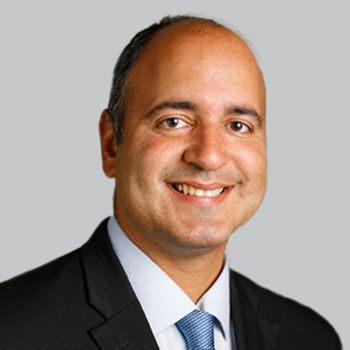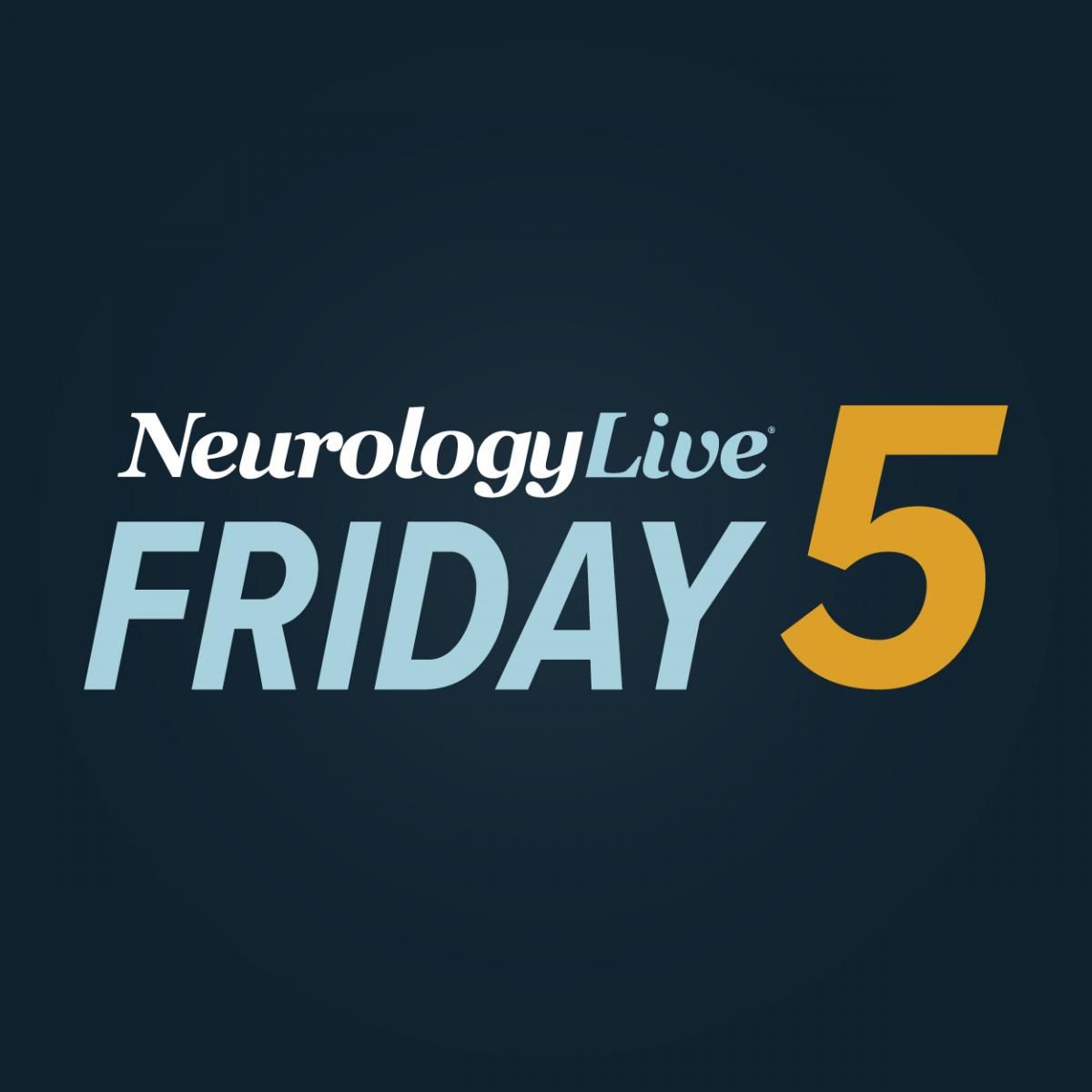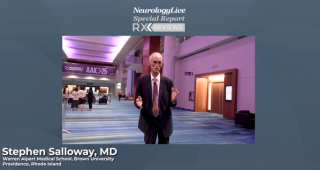
Dementia and Alzheimer Disease
Latest News

Latest Videos

CME Content
More News

Test your neurology knowledge with NeurologyLive®'s weekly quiz series, featuring questions on a variety of clinical and historical neurology topics. This week's topic is on the use of GLP-1 RAs in neurology.

Neurology News Network. for the week ending August 23, 2025. [WATCH TIME: 4 minutes]

Take 5 minutes to catch up on NeurologyLive®'s highlights from the week ending August 22, 2025.

Lea Grinberg, MD, PhD, a neuropathologist at Mayo Clinic Florida, discussed how tau accumulation and orexin neuron loss drive early sleep disturbances in Alzheimer disease and the potential for sleep-based biomarkers.

A recent study highlights that hearing aids significantly lower dementia risk in younger patients with hearing loss, emphasizing the need for early intervention.

The European Medicines Agency has accepted NewAmsterdam Pharma’s application for obicetrapib, an oral CETP inhibitor that lowers LDL-C and shows promise in reducing Alzheimer-related biomarkers.

The chief scientific officer at Alzheon talked about a symposium on the role of amyloid-beta oligomers in AD and phase 3 clinical data of valiltramiprosate presented at AAIC 2025. [WATCH TIME: 5 minutes]

The Harold I. Nemuth Chair in Neurological Disorders at Virginia Commonweath University discussed the rationale, results, and future directions of GLP-1 RA therapy as a novel treatment strategy for idiopathic intracranial hypertension.

The Harold I. Nemuth Chair in Neurological Disorders at Virginia Commonwealth University provided hypothetical insights on potential stroke-related avenues for GLP-1 RAs to treat following positive data in idiopathic intracranial hypertension. [WATCH TIME: 4 minutes]

At AAIC 2025, the founder and CEO at Veravas discussed the company’s VeraBIND tau pathology blood test, highlighting its potential to detect Alzheimer disease earlier with high accuracy. [WATCH TIME: 4 minutes]

Recently published study links white matter changes to cognitive decline, emphasizing the cingulum and fornix as key biomarkers for memory loss.

At AAIC 2025, the chief executive officer at ALZpath discussed the growing adoption of the company’s pTau217 antibody blood test for AD research, emphasizing its potential role in early detection. [WATCH TIME: 4 minutes]

AAIC 2025 Preclinical Results of Anti-Tau Antibody MK-2214 in Alzheimer Disease: Jonathan Sugam, PhD
The principal scientist of neuroscience discovery at Merck presented preclinical data at AAIC 2025 supporting the development of MK-2214, an anti-tau antibody designed to slow or prevent the progression of AD. [WATCH TIME: 5 minutes]

Test your neurology knowledge with NeurologyLive®'s weekly quiz series, featuring questions on a variety of clinical and historical neurology topics. This week's topic is on the use of lithium to treat Alzheimer disease.

Take 5 minutes to catch up on NeurologyLive®'s highlights from the week ending August 15, 2025.

At AAIC 2025, Alberto Ramos, MD, FAAN, director of the sleep disorders program at the University of Miami, discussed the association between long sleep duration, specific sleep phenotypes, and progressive cognitive decline in Hispanic populations.

Researchers unveil promising findings from the GABriella trial, exploring a novel treatment for prodromal Alzheimer's disease at AAIC 2025.

The cofounder and chief science officer of the Alzheimer's Drug Discovery Foundation recapped some of the notable recent developments in the Alzheimer disease field presented at the 2025 Alzheimer’s Association International Conference.

Sam Gandy, MD, PhD, director of the Center for Cognitive Health at the Icahn School of Medicine at Mount Sinai, discussed his presentation on detecting toxic amyloid-β oligomers and their role in AD pathology at AAIC 2025.

Discover groundbreaking insights from the 2025 Alzheimer’s Association International Conference, featuring expert interviews on innovative treatments and diagnostics.

Catch up on any of the neurology news headlines you may have missed over the course of July 2025, compiled all into 1 place by the NeurologyLive® team.

Larger, More Controlled Studies Needed to Confirm Genistein’s Potential to Curve Alzheimer Cognition
A recent meta-analysis reveals genistein's potential to enhance cognitive function in prodromal Alzheimer disease, urging further research for validation.

New findings reveal ACP-204 shows no significant QT interval prolongation in healthy adults, supporting its safety for Alzheimer disease psychosis treatment.

Take 5 minutes to catch up on NeurologyLive®'s highlights from the week ending August 8, 2025.

Daniel Freedman, PhD, of MIT, gave clinical commentary on how Openwater’s Open-LIFU enables new research into conscious perception and potential clinical applications for conditions like pain and depression.

















